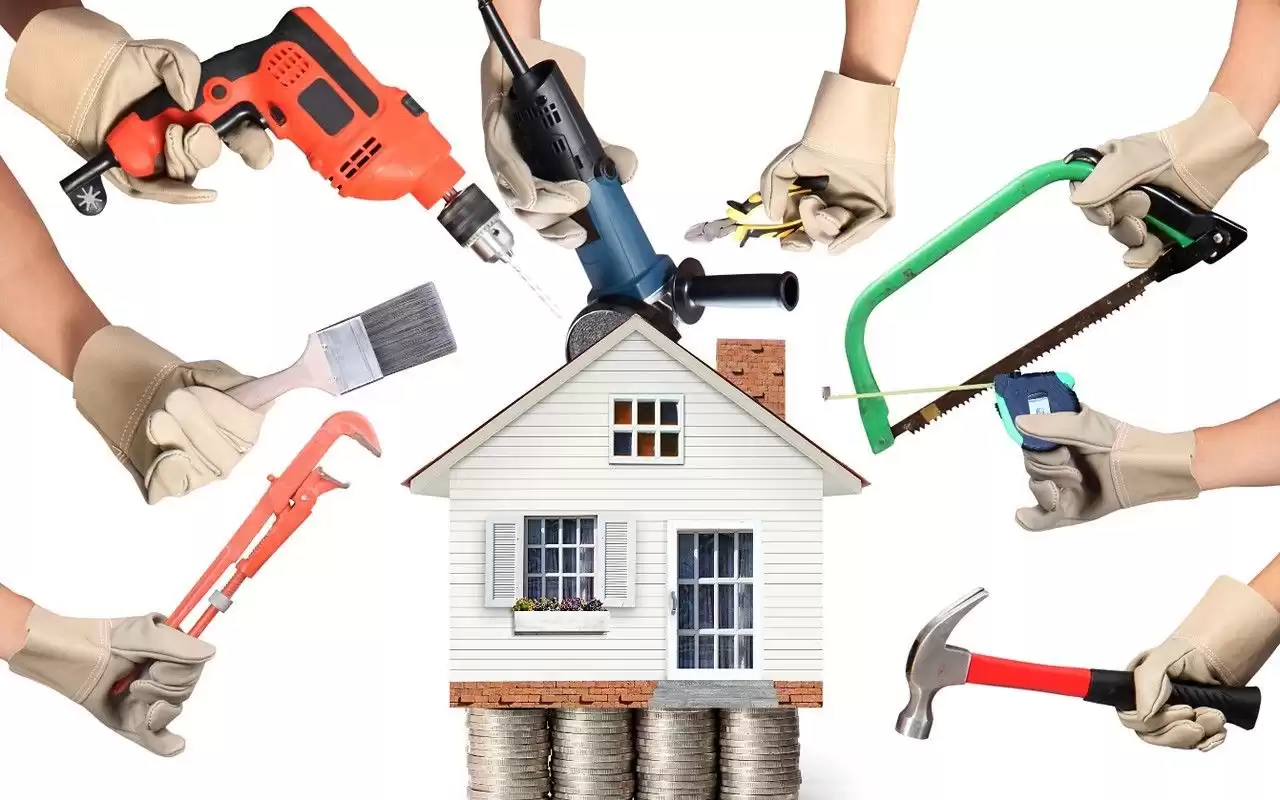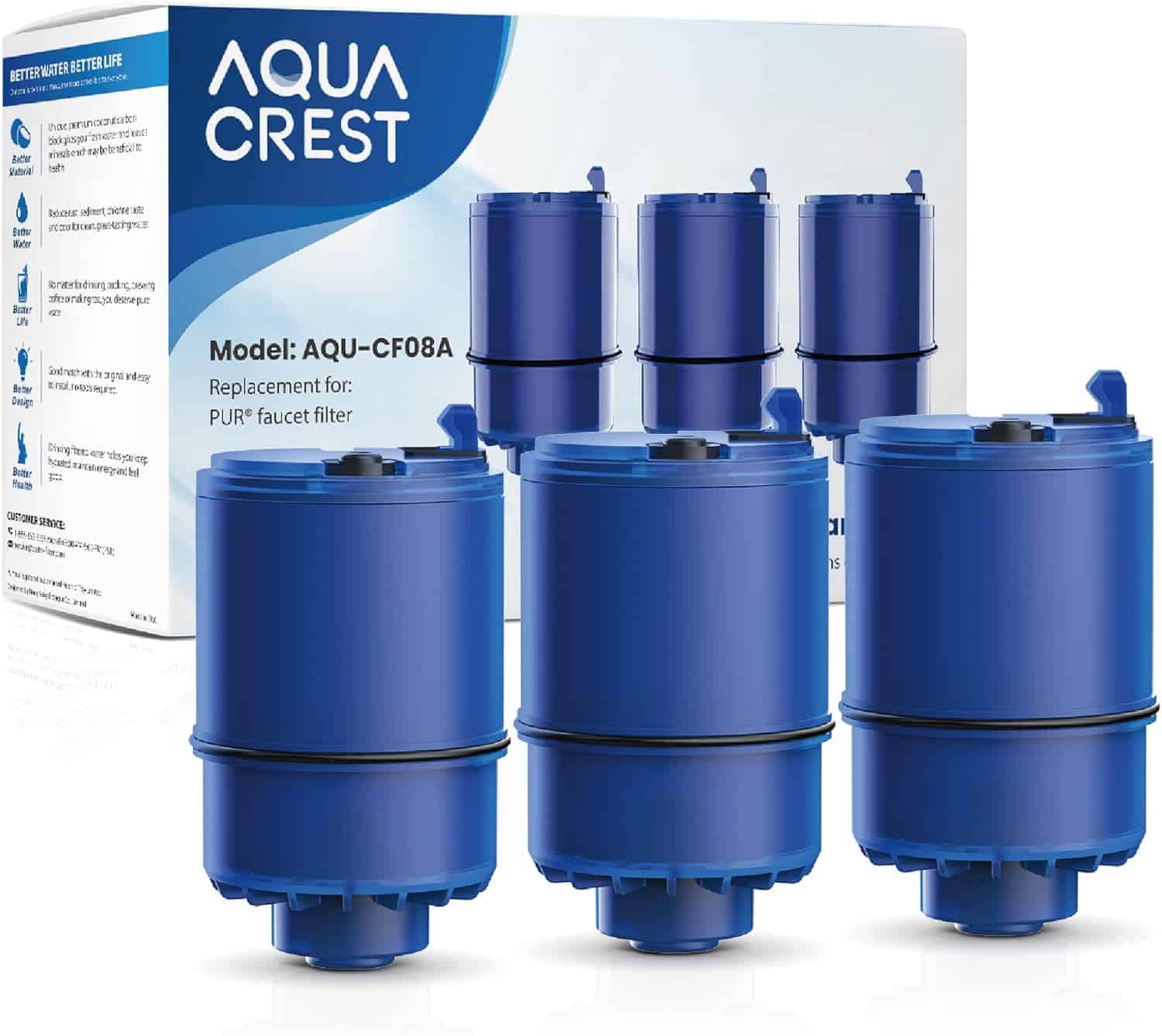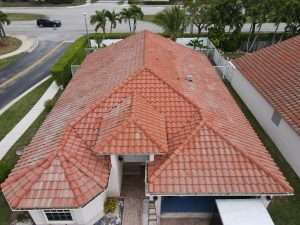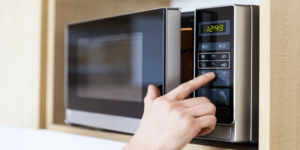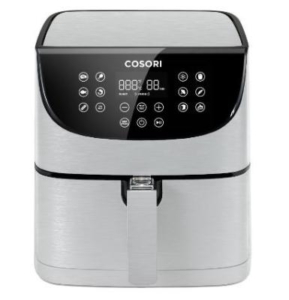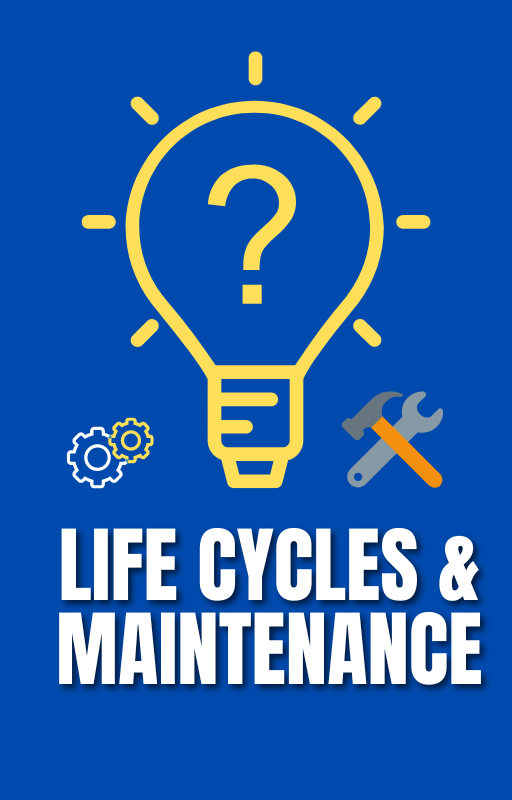Troubleshooting Common Pool Pump Filter Problems:
A Comprehensive Guide

A properly functioning pool pump filter maintains clean and healthy pool water. Like any mechanical system, pool pump filters can encounter various problems over time. This guide will explore common pool pump filter problems and provide troubleshooting solutions to help you get your filter back on track.
Understanding Pool Pump Filters
Pool pump filters come in different types, including sand, cartridge, and diatomaceous earth filters. These filters trap and remove debris, dirt, and impurities from the pool water. Regular maintenance is essential to ensure their efficiency and longevity.
Here is a list of the five pool filter pumps:
- Hayward ProGrid DE Filter
- Pentair 160317 Pool Filter Pump
- Hayward Perflex 1 HP Above Ground Pump
- ExtremepowerUS 12″ Pool Sand Filter
- Hydrotool by Swimline Pool Sand Filter Pump
Types of Pool Pump Filters
1. Sand Filters:
Sand filters use a bed of specially graded sand to capture debris and particles as water flows through them. These filters effectively remove larger particles but may require occasional backwashing to clean the filter media.
2. Cartridge Filters:
Cartridge filters utilize a pleated fabric cartridge to capture impurities. They offer excellent filtration and are easy to maintain, requiring periodic cleaning or replacement of the cartridges.
3. Diatomaceous Earth (DE) Filters:
DE filters use fine powder from fossilized diatoms as the filtration media. The DE powder coats a grid within the filter, creating a highly efficient filtration system. Regular backwashing and adding fresh DE powder are necessary for optimal performance.
How Pool Pump Filters Work
Regardless of the type, pool pump filters create a flow of water that passes through the filter media. The filter traps particles and debris as water flows, allowing only clean water to return to the pool. Proper circulation and a clean filter are essential for effective filtration.
Importance of Regular Maintenance
Regular maintenance plays a vital role in the performance and longevity of your pool pump filter. Neglecting maintenance can reduce filtration efficiency, increase energy consumption, and cause costly repairs. By dedicating time to maintenance, you can prevent many common filter problems.
Troubleshooting Common Pool Pump Filter Problems
This section will explore some of the most common pool pump filter problems and provide effective troubleshooting solutions.
Problem 1: Insufficient Filtration
1. Causes:
– Clogged filter media due to accumulated debris.
– Improper water circulation, leading to inadequate filtration.
2. Solutions:
– Backwash the filter to remove trapped debris.
– Clean or replace the filter media if necessary.
– Check the pool pump and ensure proper circulation.
Problem 2: Low Water Pressure
1. Causes:
– Blockages in the filter system, such as clogged skimmer baskets or pump strainer baskets.
– Air leaks in the suction lines, causing reduced water flow.
2. Solutions:
– Clean skimmer baskets and pump strainer baskets.
– Check for and repair any air leaks in the suction lines.
– Adjust valves to ensure proper water flow.
Problem 3: Excessive Noise or Vibration
1. Causes:
– Loose or worn-out parts within the pump or filter system.
– Air trapped in the system, causing vibrations.
2. Solutions:
– Tighten any loose fittings or parts within the system.
– Bleed air from the system to eliminate vibrations.
– Consider adding a vibration-dampening pad under the pump to reduce noise.
Problem 4: Cloudy Water
1. Causes:
– Inadequate filtration due to a dirty or malfunctioning filter.
– Chemical imbalance, such as improper pH or sanitizer levels.
2. Solutions:
– Clean or replace the filter media to improve filtration.
– Test and balance the pool water chemistry.
– Adjust sanitizer levels and pH as necessary.
Problem 5: Pump Not Starting or Shutting Off
1. Causes:
– Electrical issues, such as a tripped breaker or faulty wiring.
– Motor problems, including a faulty capacitor or worn-out bearings.
2. Solutions:
– Check the power supply and electrical connections.
– Troubleshoot the motor for issues and consult a professional if needed.
– Consider replacing faulty components or seeking professional assistance.
Preventive Maintenance Tips
Regular maintenance is key to preventing pool pump filter problems. Follow these tips to keep your filter running smoothly:
Regular Cleaning and Backwashing
1. Clean the skimmer and pump strainer baskets regularly.
2. Backwash the filter as per the manufacturer’s instructions to remove trapped debris.
Checking and Replacing Filter Media
1. Inspect the filter media and clean or replace it when necessary.
2. Follow the manufacturer’s guidelines for cartridge or DE filter media replacement.
Monitoring Water Chemistry and Balancing Chemicals
1. Test the pool water regularly to ensure proper pH, sanitizer levels, and water balance.
2. Adjust chemical levels as needed to maintain clear and healthy pool water.
H3: Inspecting and Maintaining Pump Components
1. Regularly inspect pump fittings, seals, and o-rings for signs of wear or leaks.
2. Lubricate moving parts, such as the motor bearings, as recommended by the manufacturer.
Hiring a Professional or DIY?
Knowing when to seek professional assistance is important. Some complex issues may require the expertise of a pool professional. However, many troubleshooting and maintenance tasks can be performed by pool owners with proper guidance.
When to Consider Professional Assistance
1. Electrical issues or motor problems that require specialized knowledge.
2. Persistent or complex problems that you cannot resolve on your own.
DIY Troubleshooting and Maintenance Tips
1. Follow manufacturer instructions and guidelines for maintenance and troubleshooting.
2. Educate yourself on pool pump filter systems and common problems through reliable sources.
Here are the top 10 frequently asked questions about troubleshooting common pool pump filter problems, along with their answers:
1. Q: Why is my pool pump filter not providing sufficient filtration?
A: Insufficient filtration can be caused by a clogged filter or improper water circulation. Backwashing the filter and cleaning or replacing the filter media can help resolve this issue.
2. Q: What should I do if my pool pump filter has low water pressure?
A: Low water pressure can be caused by blockages in the filter system or air leaks in the suction lines. Cleaning skimmer and pump strainer baskets, repairing air leaks, and adjusting valves can help improve water pressure.
3. Q: How can I reduce excessive noise or vibrations coming from my pool pump filter?
A: Excessive noise or vibrations can result from loose or worn-out parts or trapped air in the system. Tightening fittings, bleeding air from the system, and using vibration-dampening pads can help reduce noise and vibrations.
4. Q: What could be causing cloudy water in my pool, even with a functioning pump filter?
A: Cloudy water can be due to inadequate filtration caused by a dirty or malfunctioning filter. Cleaning or replacing the filter media, balancing the pool water chemistry, and adjusting sanitizer levels can help clear cloudy water.
5. Q: Why is my pool pump not starting or shutting off properly?
A: Pump startup or shutdown issues can be caused by electrical problems or motor issues. Checking the power supply, troubleshooting the motor for faults, and considering component replacement or professional assistance can help resolve this problem.
6. Q: How often should I clean or backwash my pool pump filter?
A: Cleaning or backwashing frequency depends on various factors, including filter type and pool usage. As a general guideline, it is recommended to clean or backwash the filter when the pressure gauge shows a 7-10 psi increase from the clean pressure.
7. Q: How do I know when to replace the filter media in my pool pump filter?
A: The frequency of filter media replacement depends on the filter type and usage. Cartridge filters typically require replacement every 1-2 years, while DE filters may need fresh DE powder added after each backwash and full media replacement every 5-7 years.
8. Q: Can I perform pool pump filter maintenance myself, or should I hire a professional?
A: Many maintenance tasks, such as cleaning skimmer baskets, backwashing the filter, and monitoring water chemistry, can be performed by pool owners. However, complex electrical or motor issues may require professional assistance.
9. Q: How can I prevent pool pump filter problems in the first place?
A: Regular maintenance is key to preventing problems. This includes cleaning and backwashing, monitoring water chemistry, inspecting pump components, and following manufacturer guidelines for maintenance.
10. Q: Should I take any specific safety precautions when troubleshooting pool pump filter problems?
A: Yes, safety should always be a priority. Before performing any maintenance or troubleshooting, ensure the pump is turned off and disconnected from the power supply. Follow safety guidelines and manufacturer instructions to avoid accidents or injuries.
Conclusion: Common Issues with Pool Pump Filters
Maintaining a properly functioning pool pump filter is essential for enjoying clean, crystal-clear pool water. By understanding common problems and their solutions and implementing preventive maintenance tips, you can keep your pool pump filter running efficiently for years to come. Regular maintenance and timely troubleshooting are the keys to a trouble-free swimming season.


